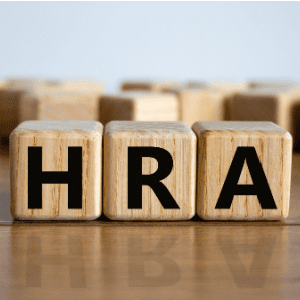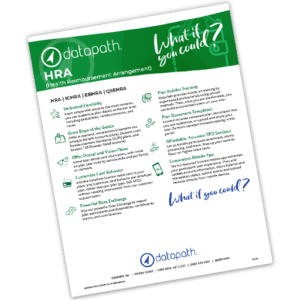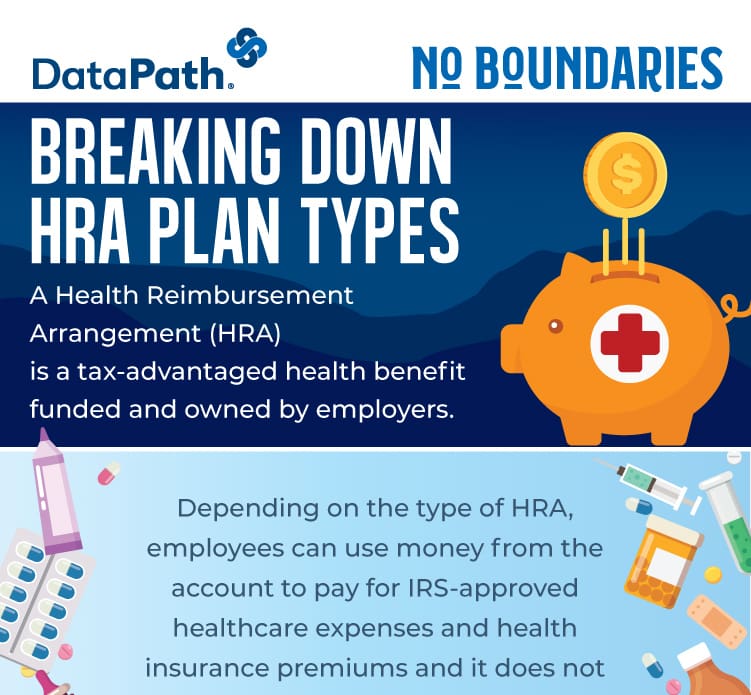Medicare Coverage Assistance Made Easy
Gone are the days when Americans retired at 65. According to Pew Research: How does Medicare factor into employer-sponsored benefits packages? What solutions can they offer? Benefits of DataPath Medicare Options For 40 years, DataPath has been a pivotal force in the employee benefits, financial services, and insurance industries. The company’s flagship DataPath Summit platform offers an integrated solution for managing CDH, HSA, Well-Being, Commuter/Transit, COBRA, and Billing. Through its partnership with Accelergent Growth Solutions, DataPath also offers expert BPO services, automation, outsourced customer service










